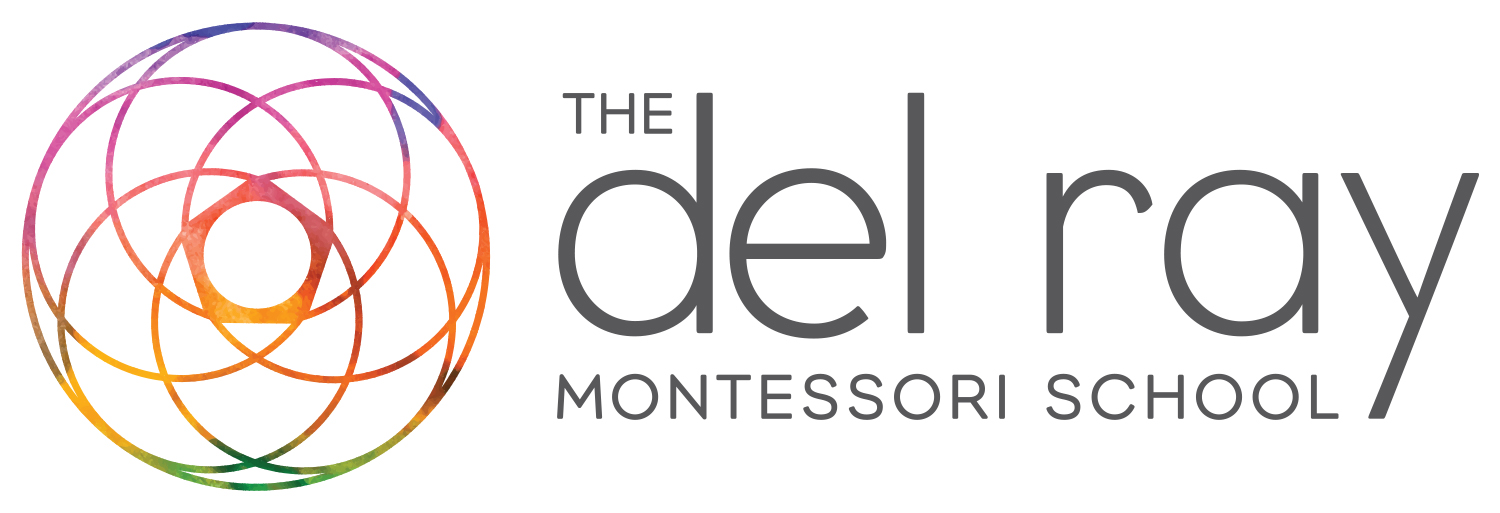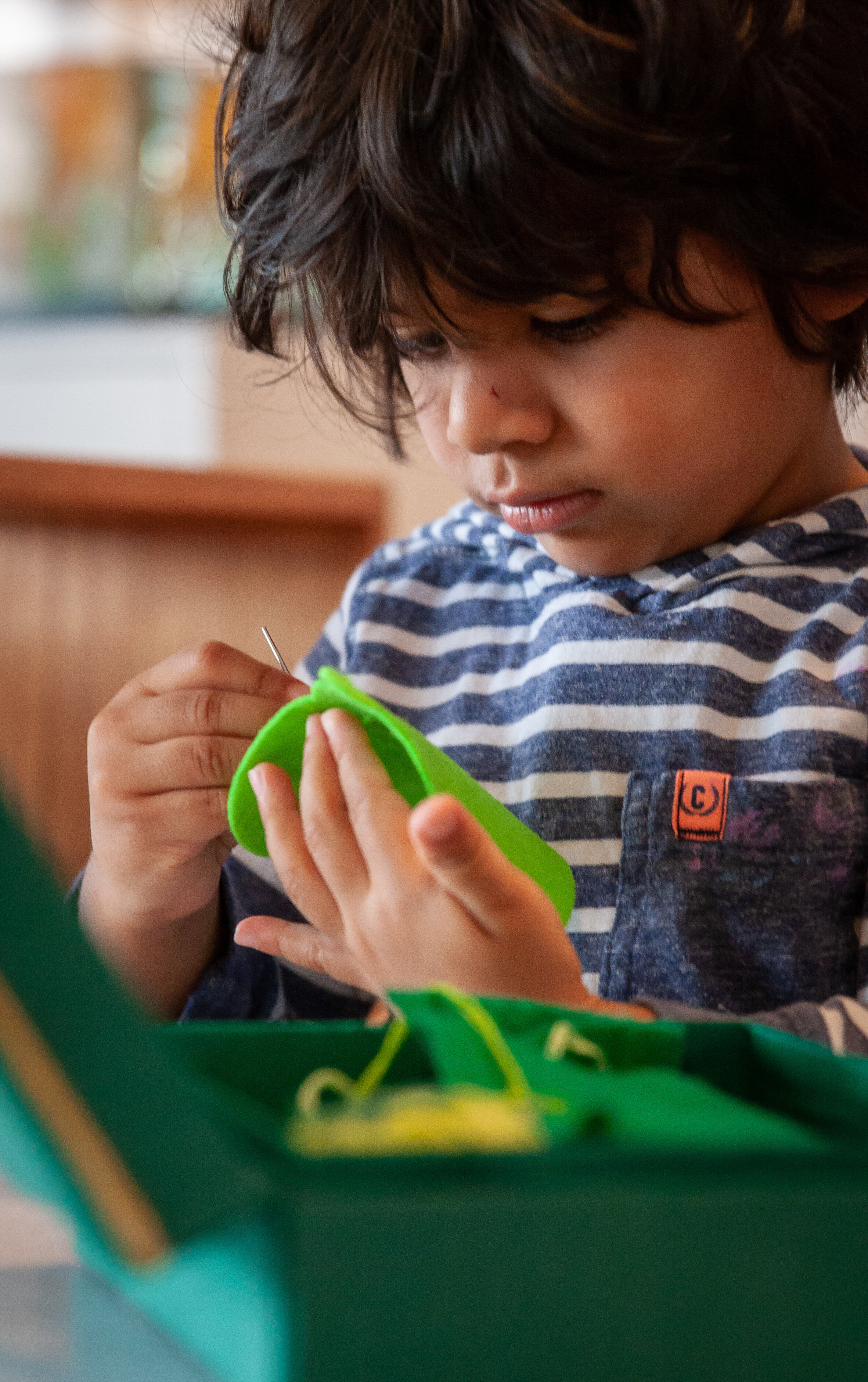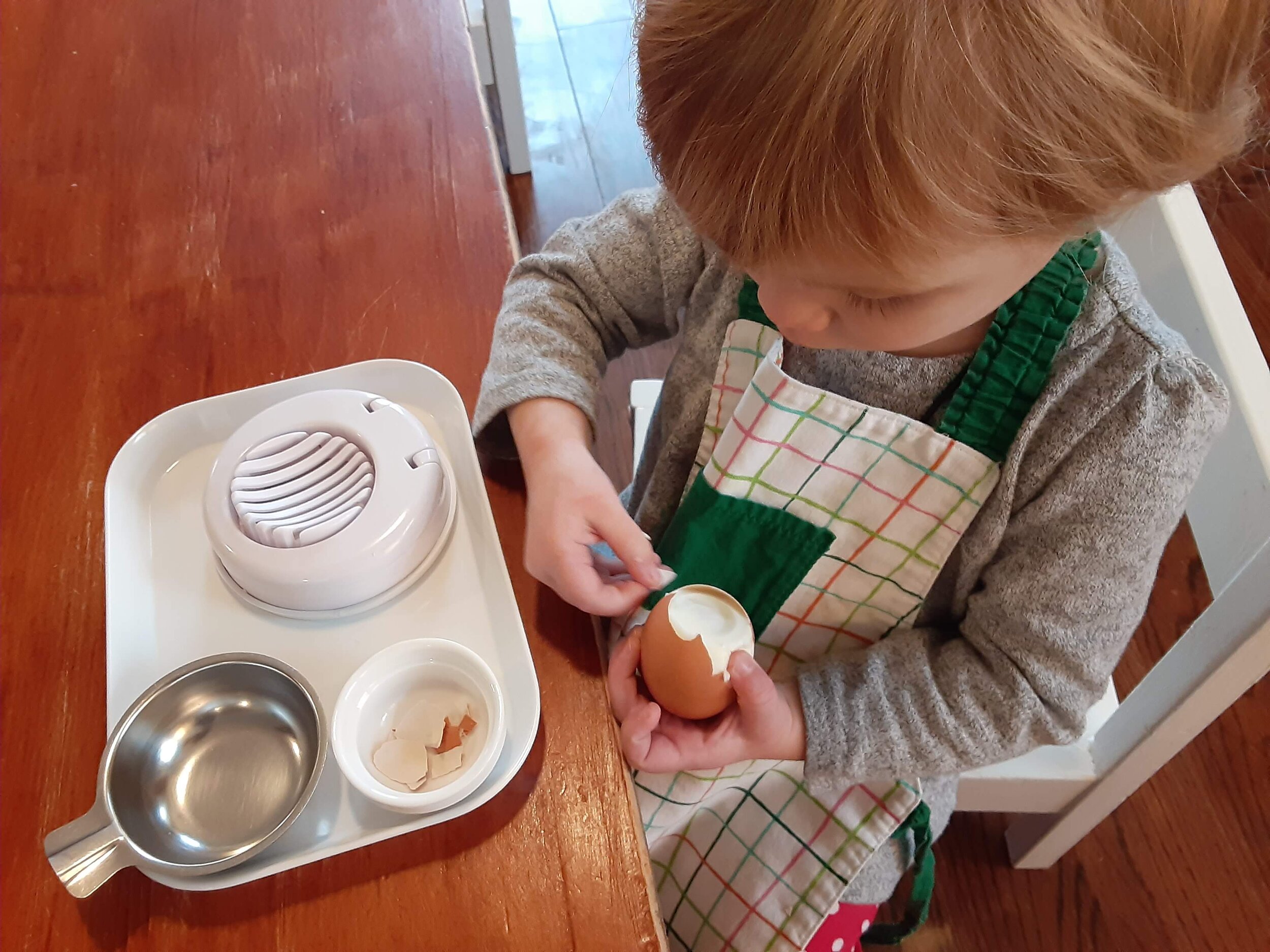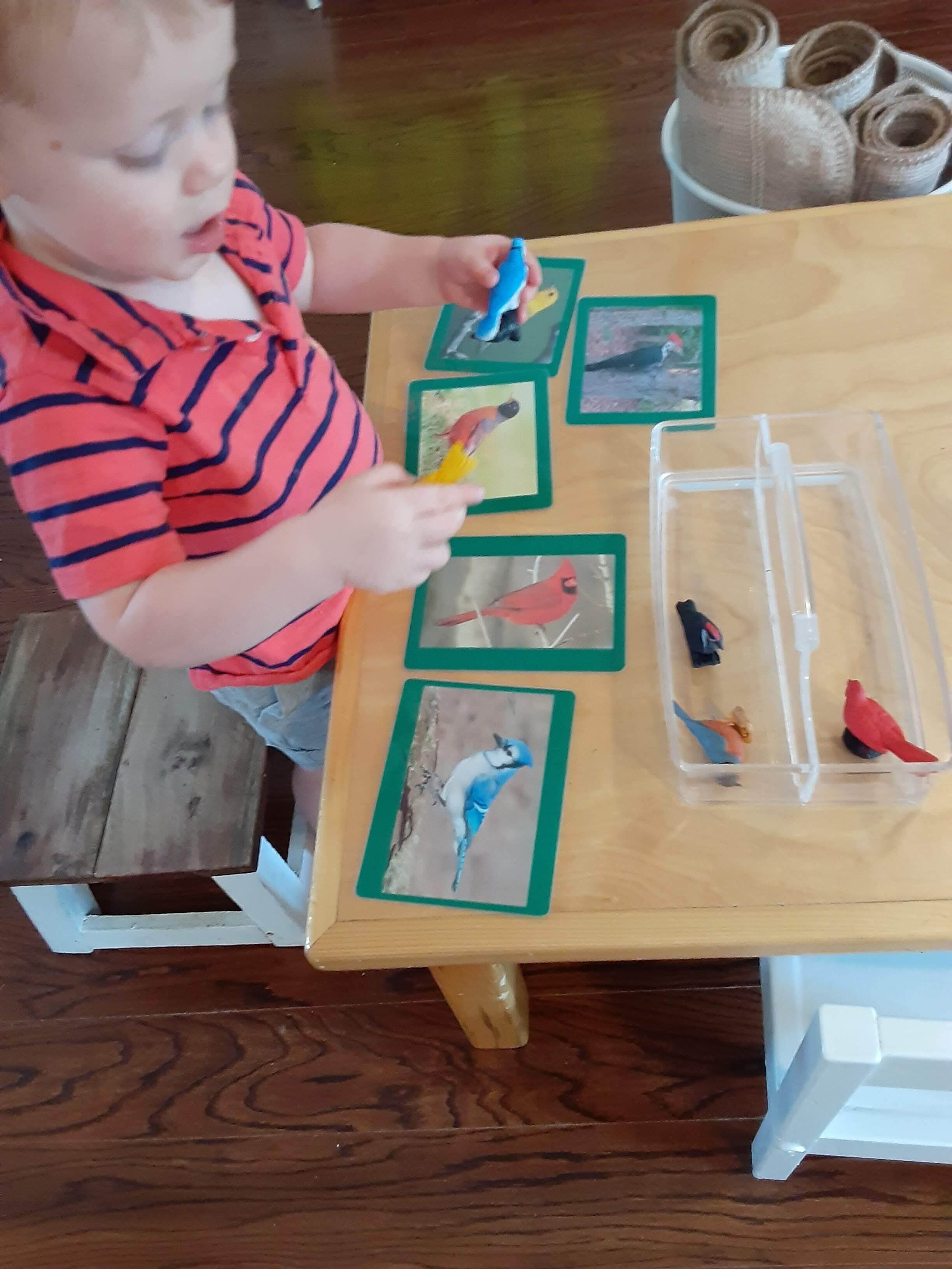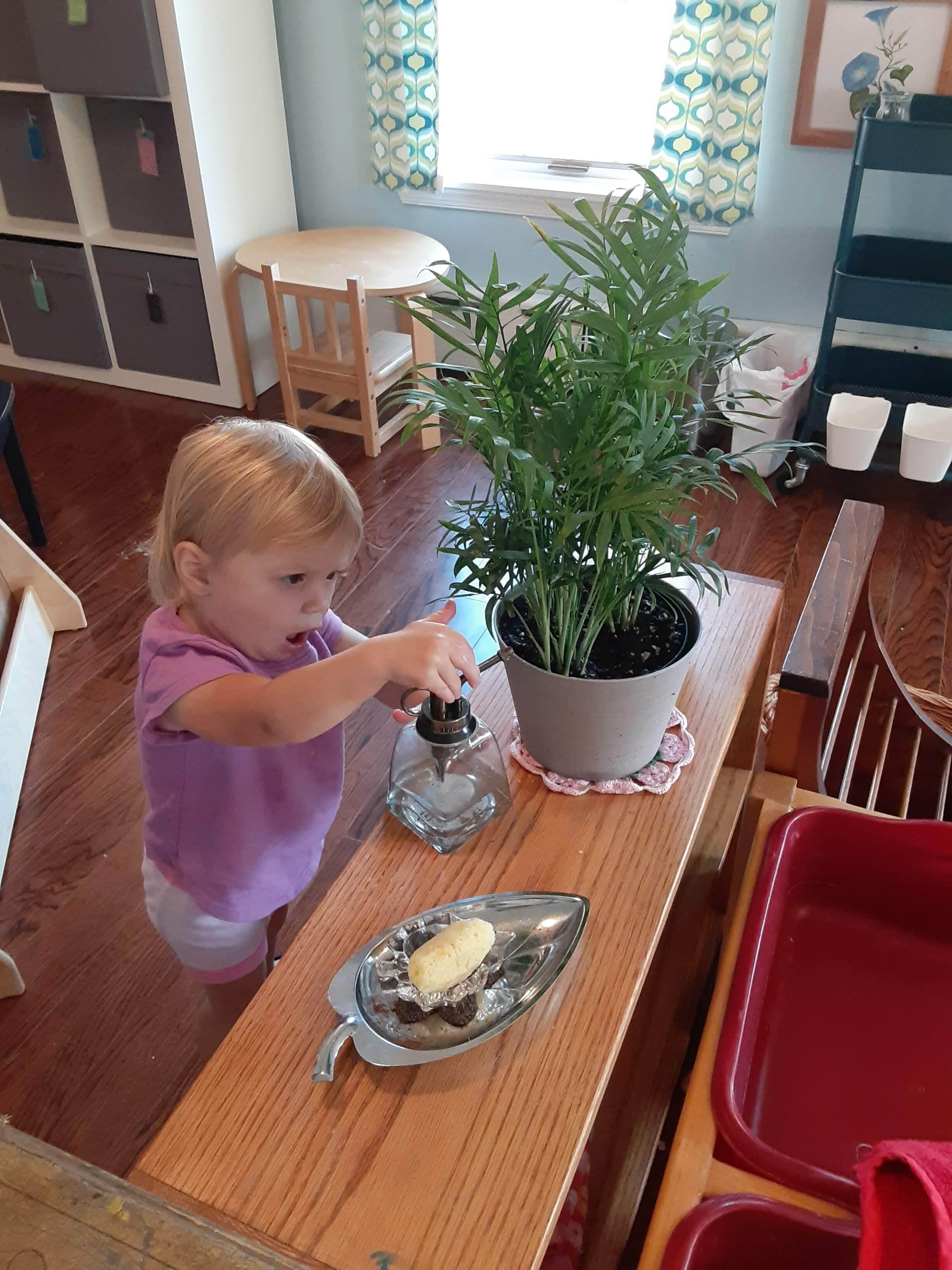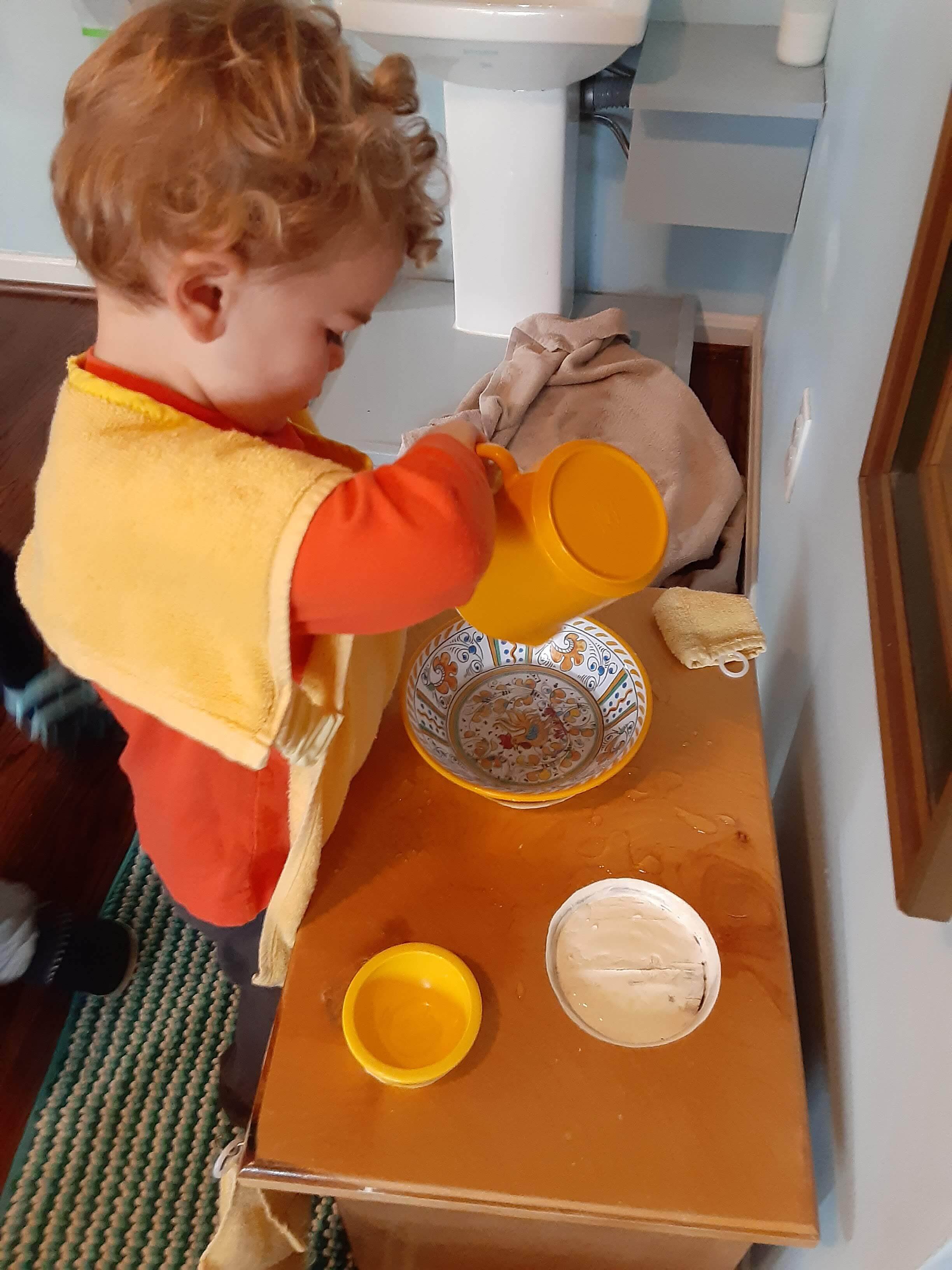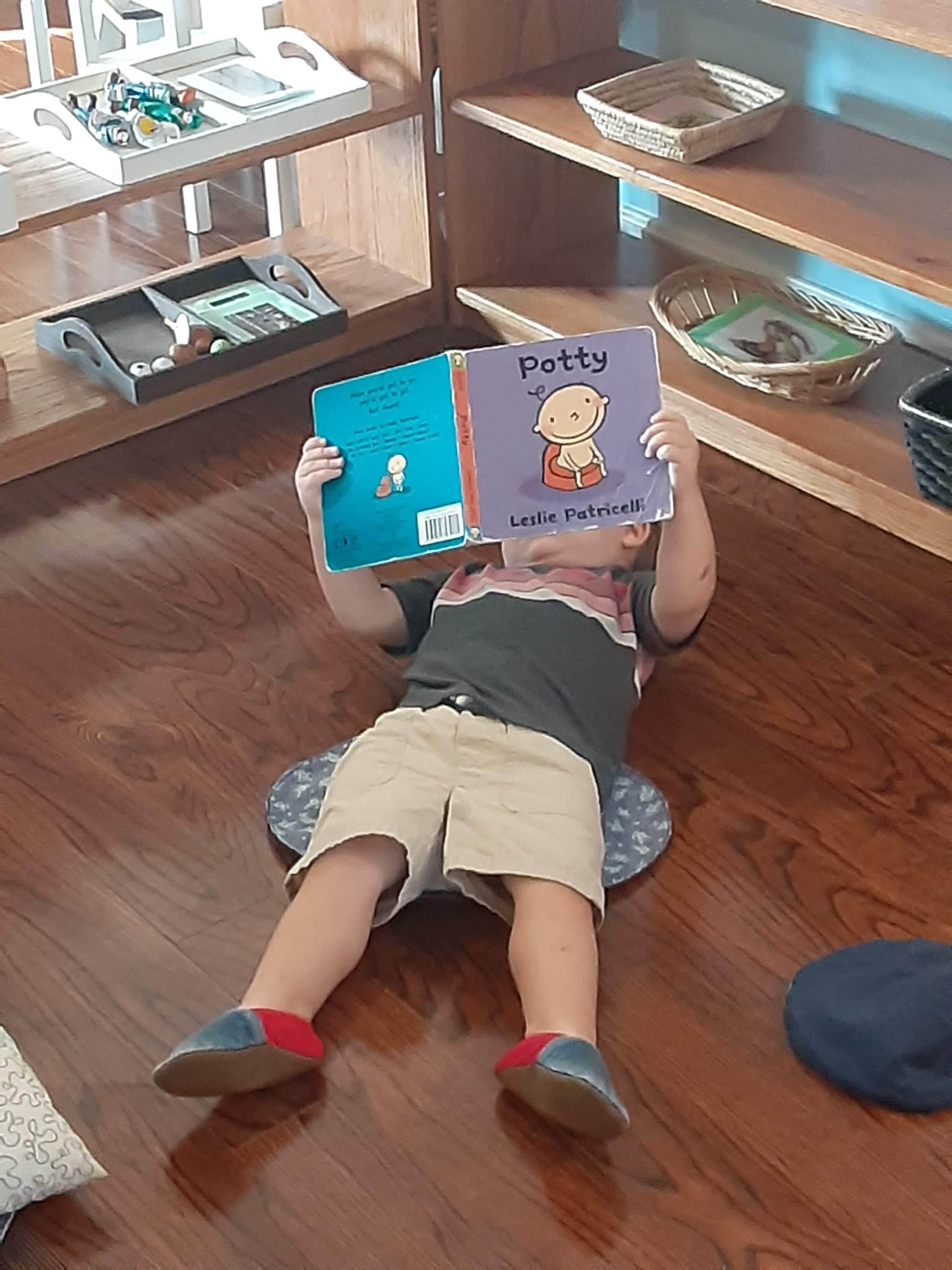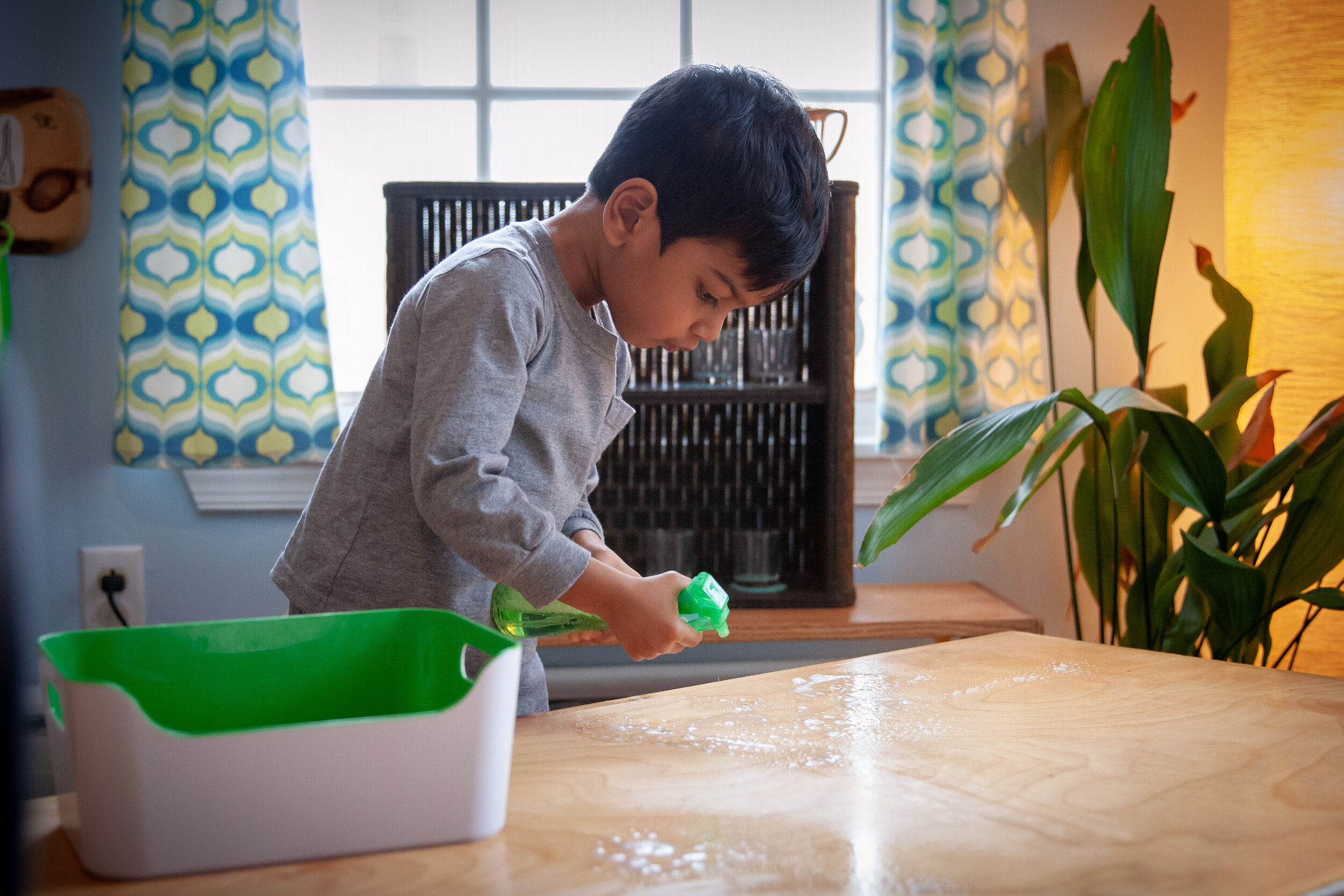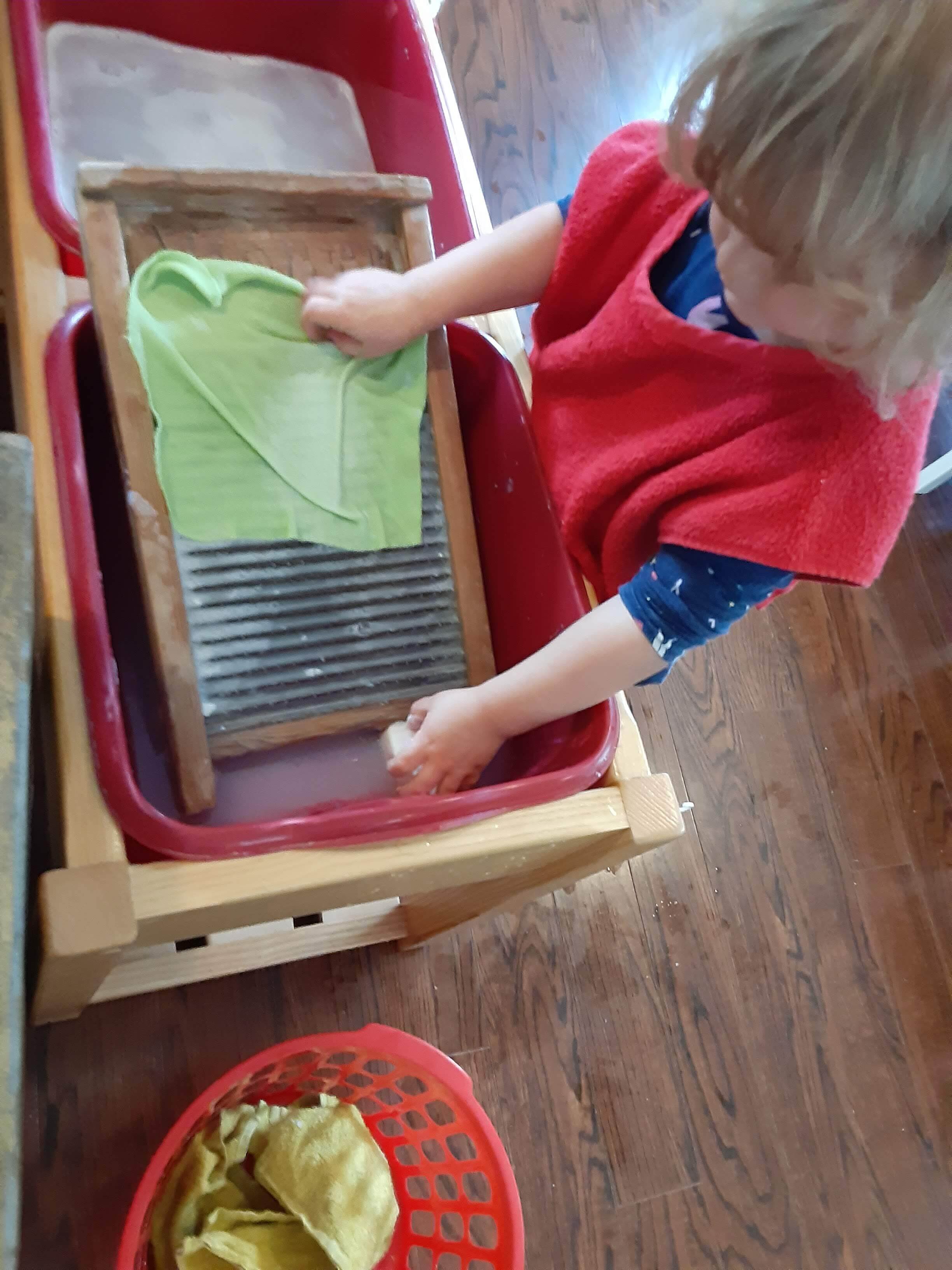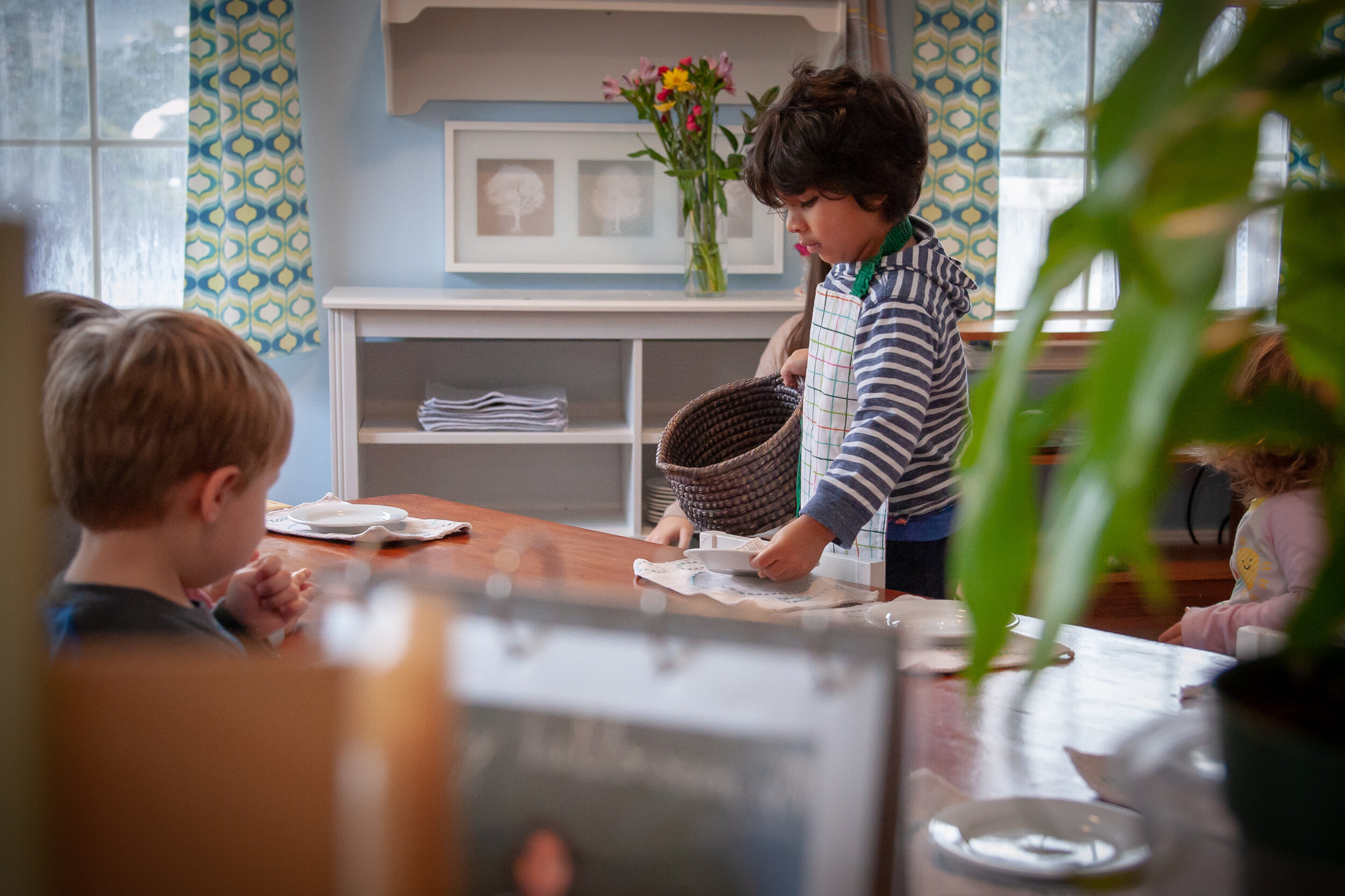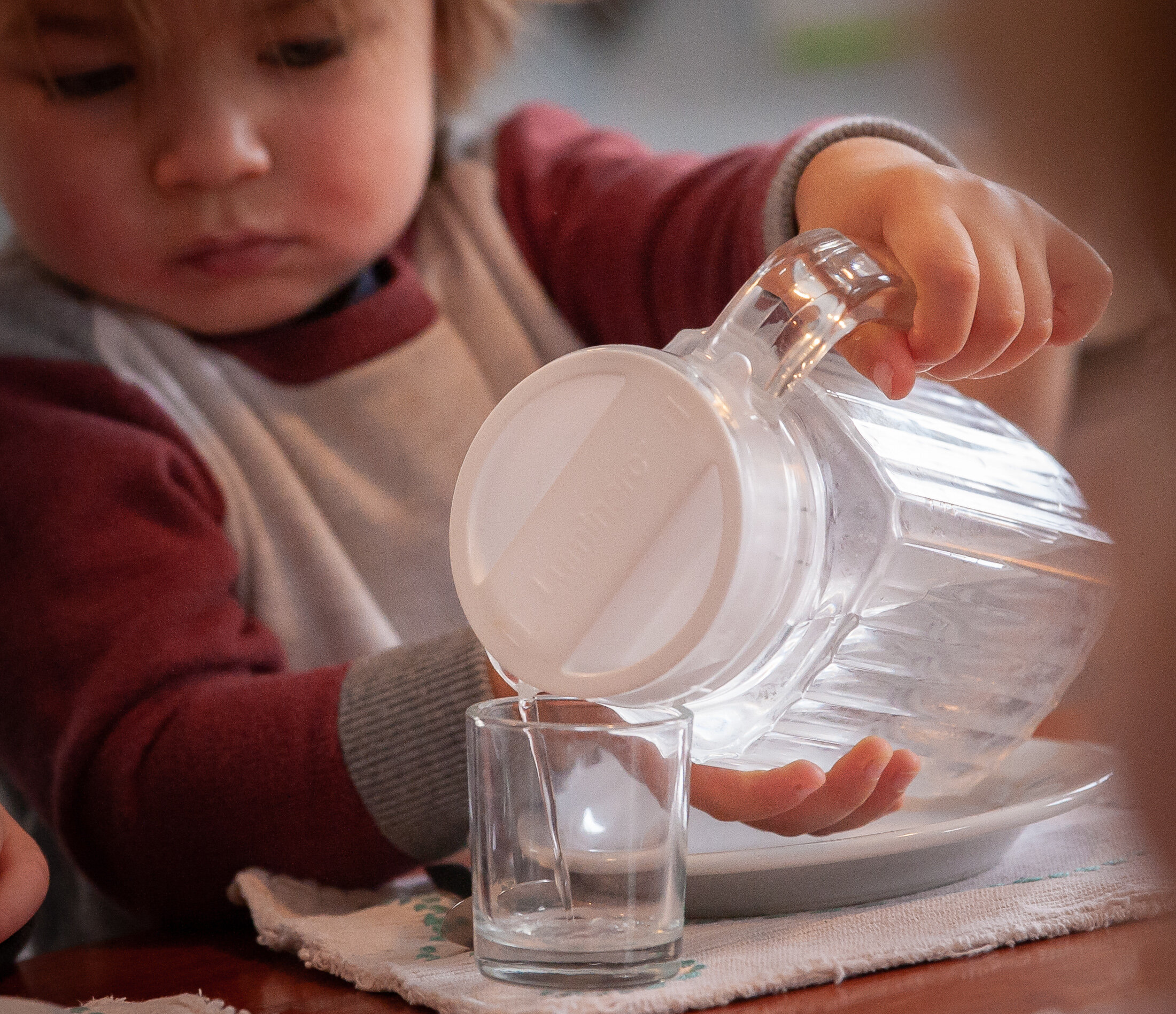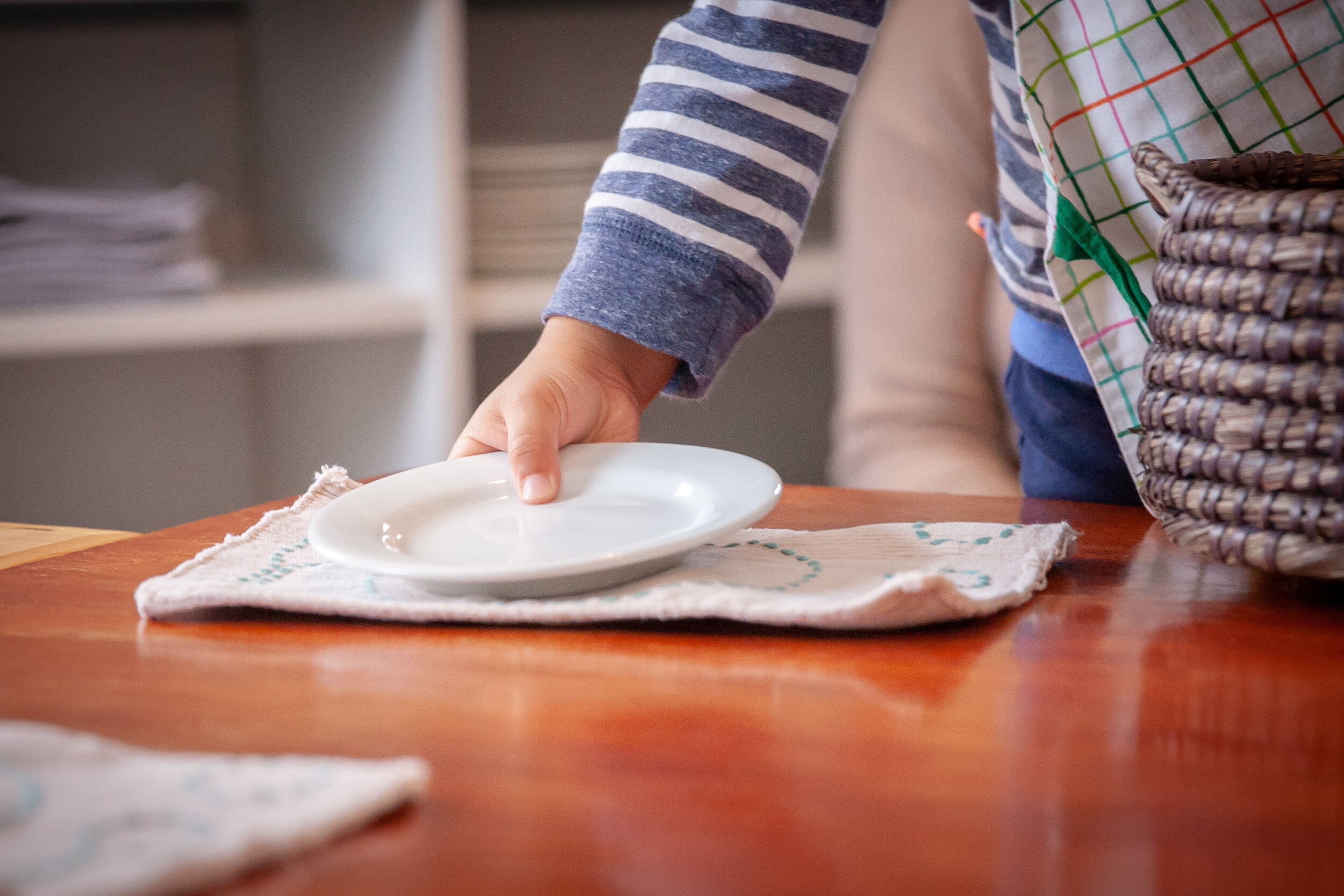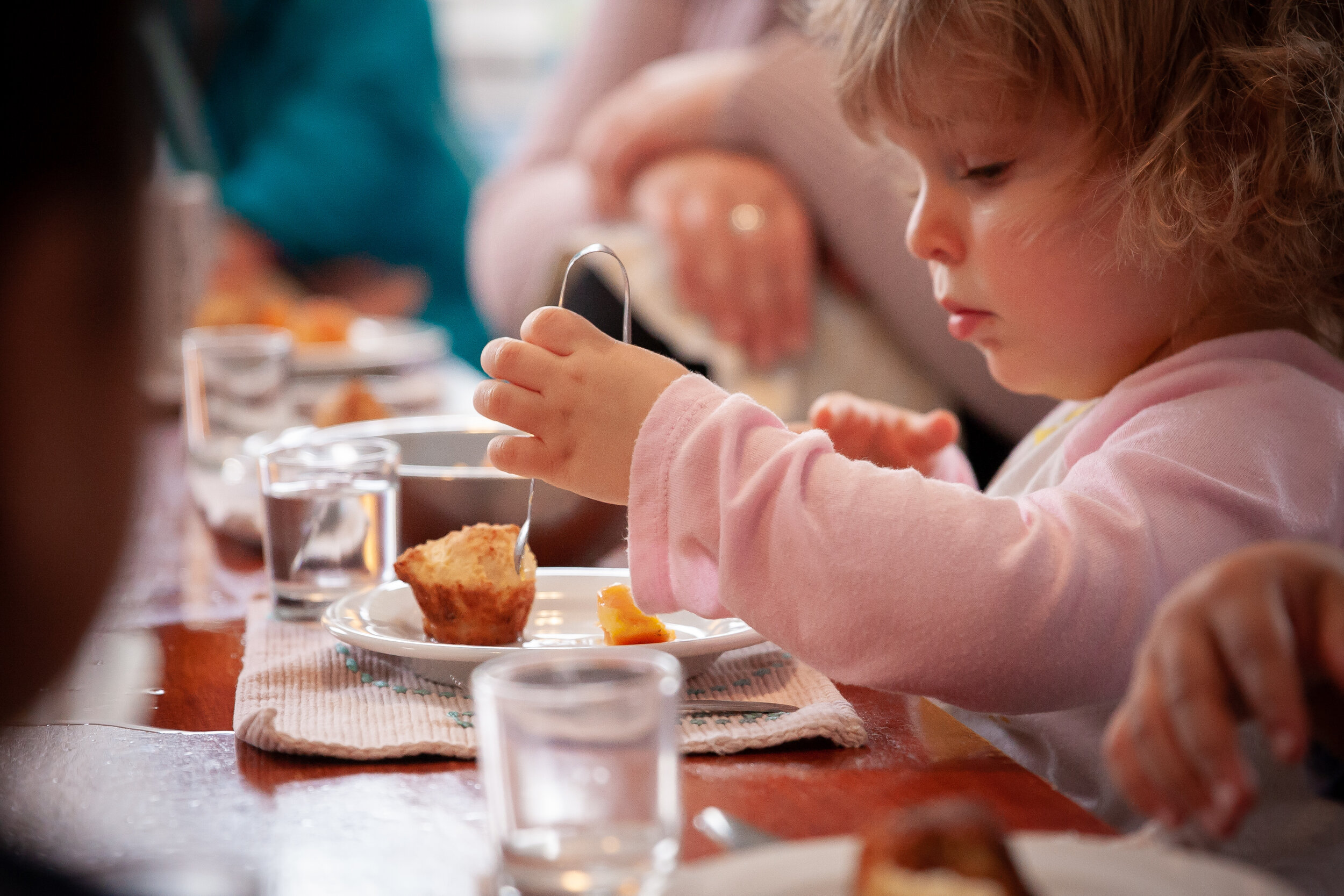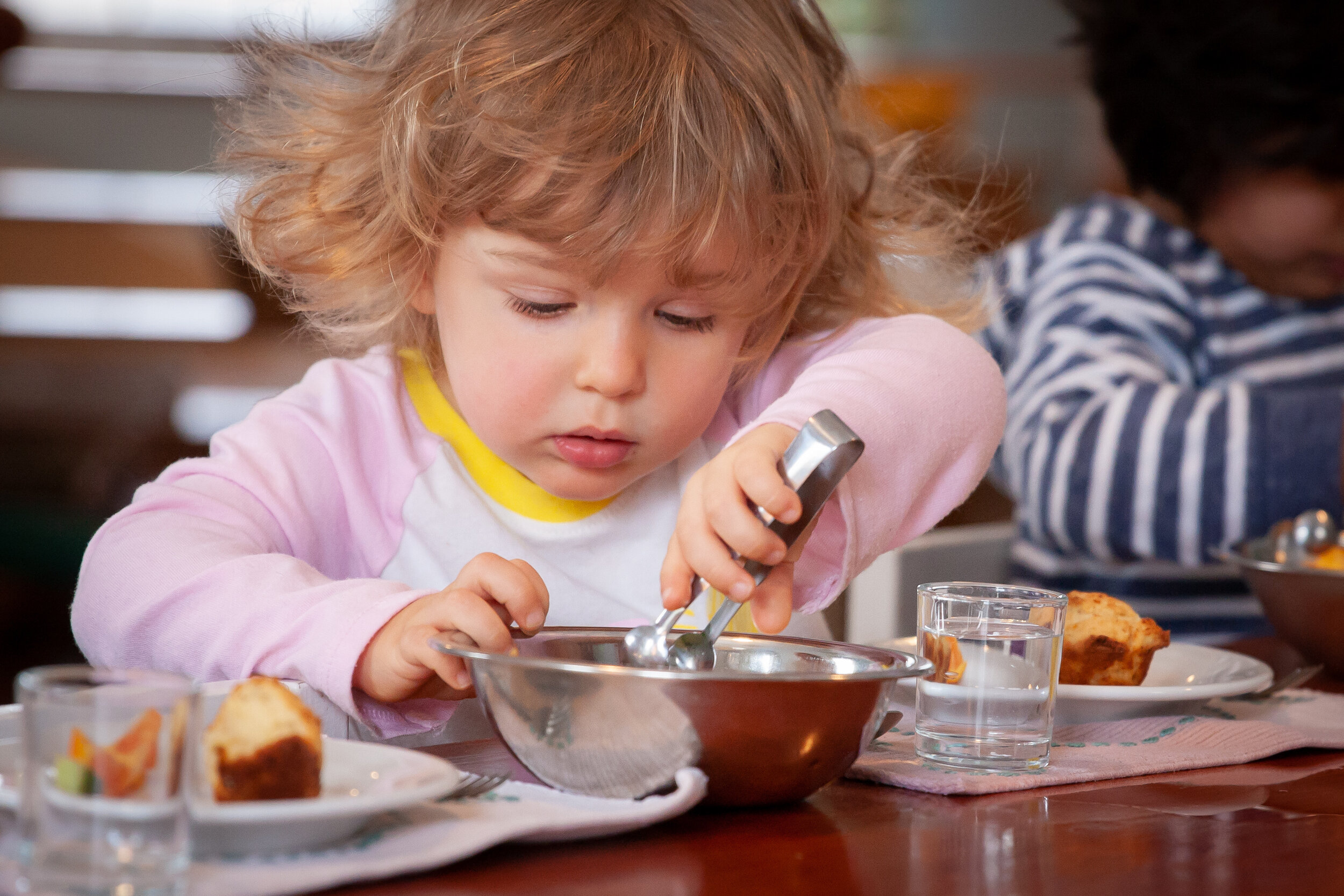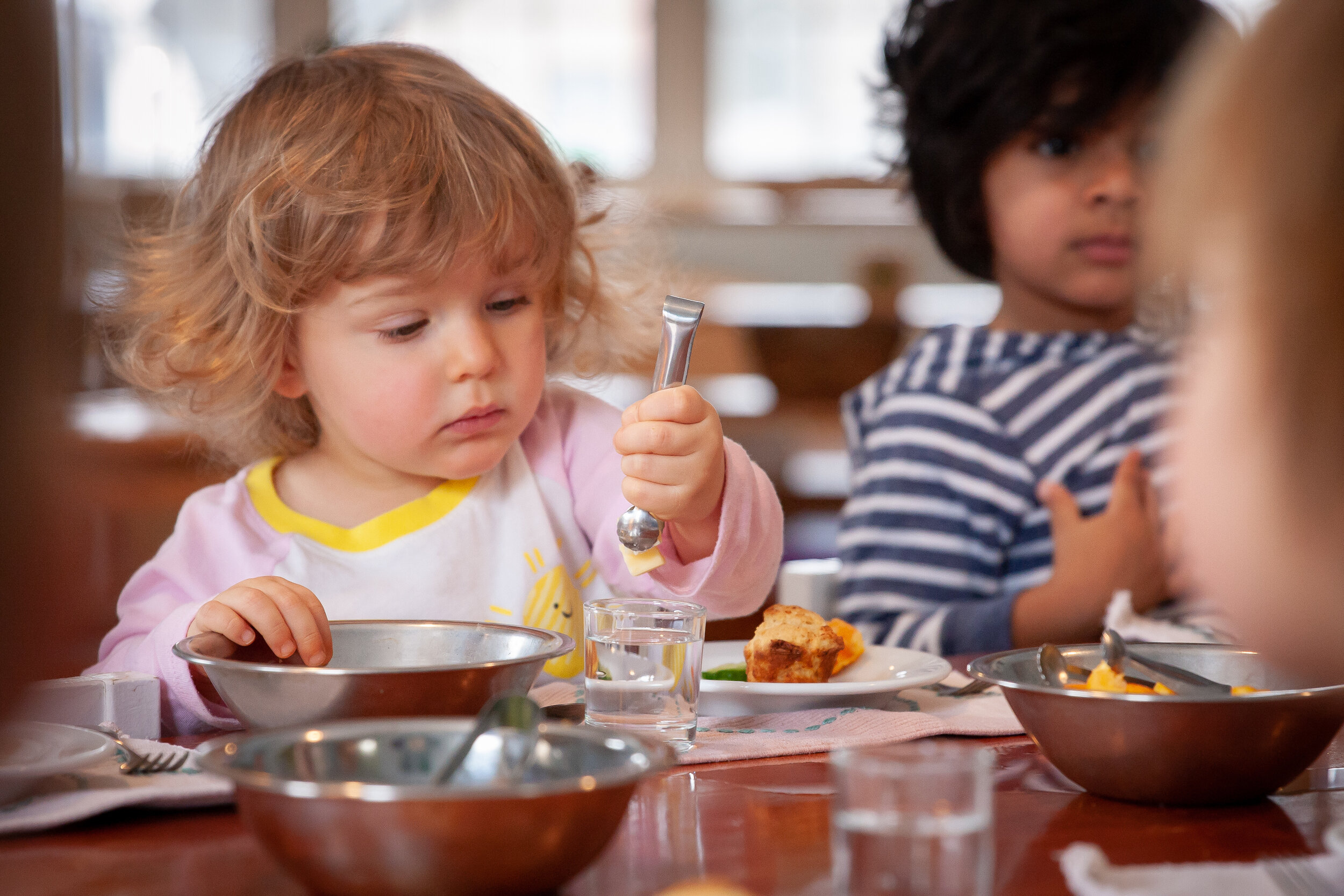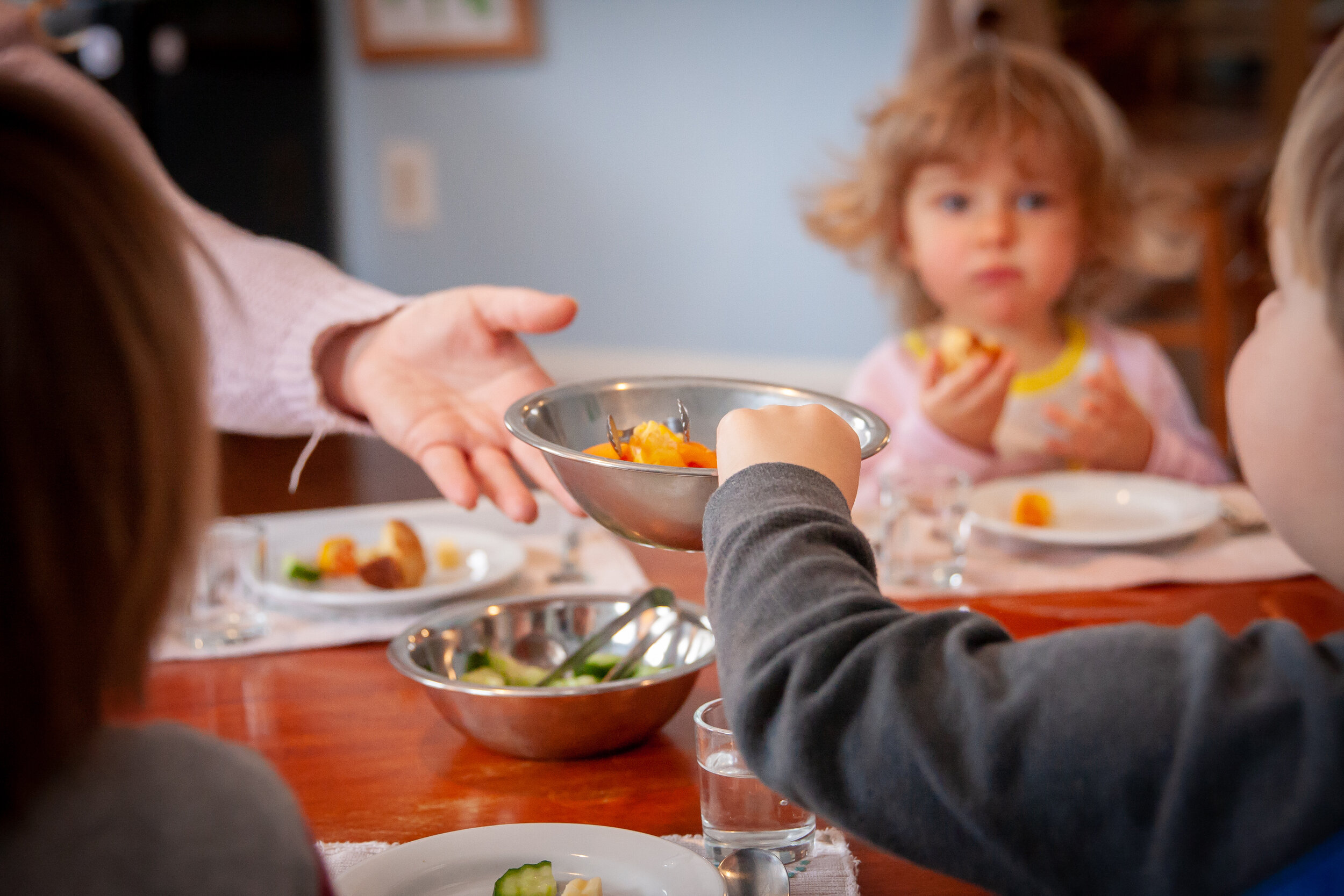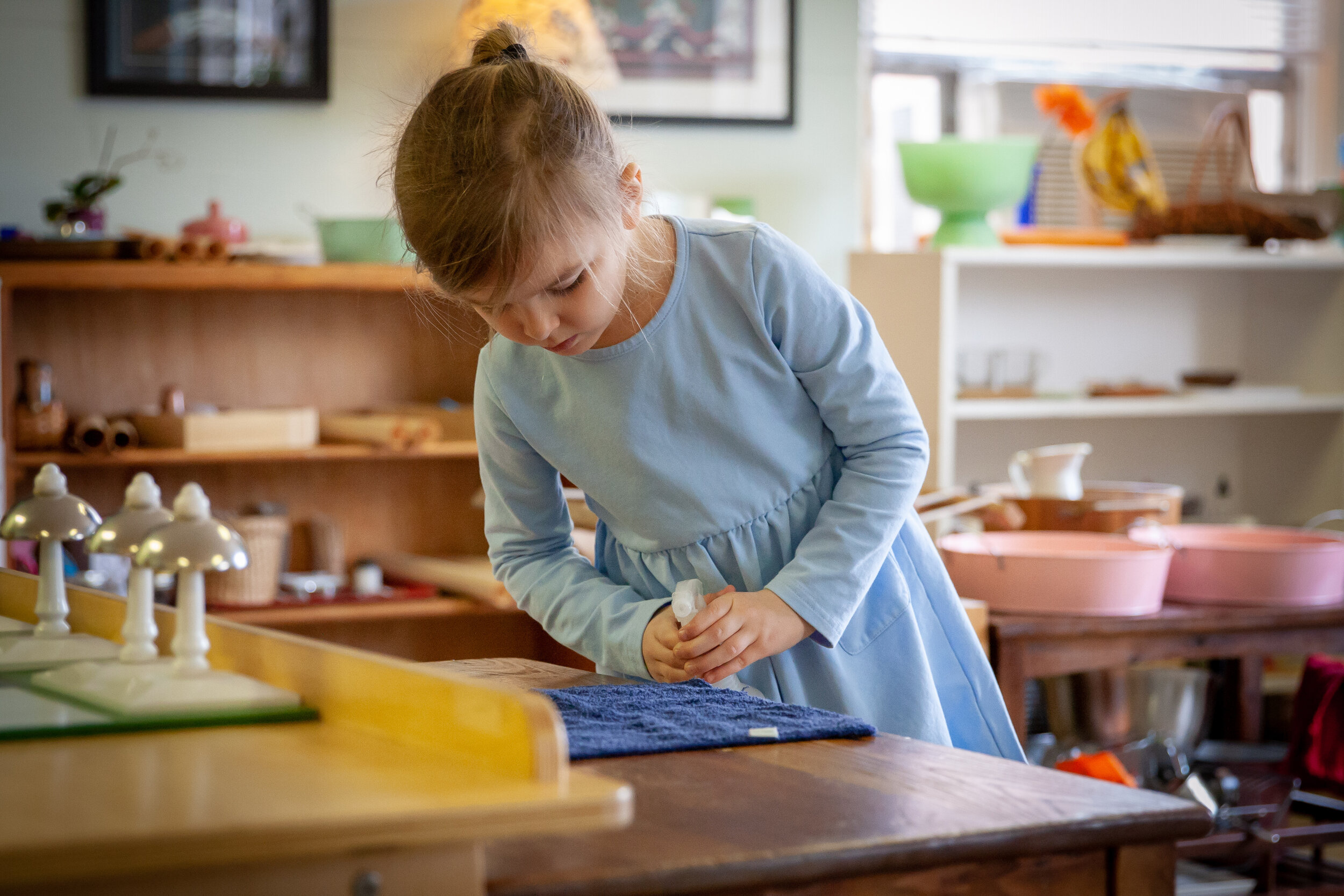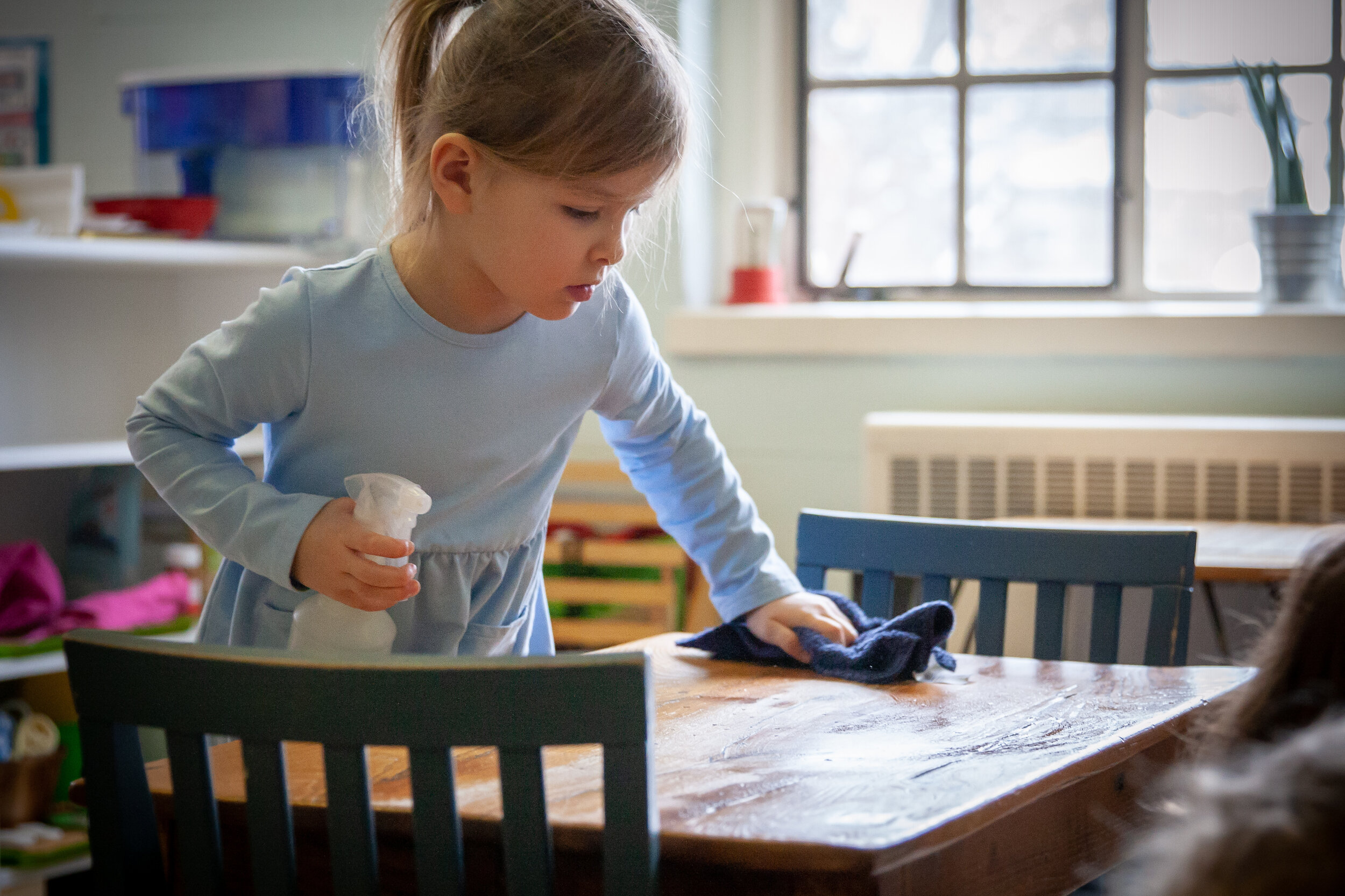A day in the life of the YCC child
Children start their day outside, arriving between 8:05 and 8:20, and are greeted by one of the adults. They hang their bag and find connections on the playground and in the garden. They are outside for an hour in the morning, in all weather! At 9:30, they transition inside. Once in the classroom, they hang up their bag and coat and sit on the bench to remove their shoes and put on their classroom slippers. They are invited to use the bathroom and to help put any extra clothing they bring into their cubby box. The children are invited to wash their hands and set their place for snack, which is brought from home. Once snack is completed, the children are gently guided through their day by the two adults in the classroom, who aid them in navigating social situations, provide choices of activities, help with changing clothes and using the bathroom, and introduce them to new activities. At noon, the full-day children prepare for lunch while the half-day children prepare for their dismissal. At lunch, the children prepare their own space at the table, and they eat the lunch that was brought from home. After lunch, children prepare for nap, which spans from about 1:00-3:00. Children are then dismissed for the day at 3:10.
Our Curriculum
Children who are in the YCC complete activities for learning are introduced to activities that further develop their language, developing fine motor skills, refining gross motor skills, art, music, food preparations, baking, and Practical Life activities that constitute caring for themselves, caring for plants, caring for animals, and caring for the classroom. Students in the YCC are often seen making bread for their snack, washing tables, painting pictures, reading books, showing another student how to get a tissue, and singing. Click below for more details on specific areas of curriculum in the Young Children’s Community.
Language. An enriching language curriculum supports the child’s developing language skills along with sensorial exploration, movement, and the arts. We offer a number of lessons in this area:
